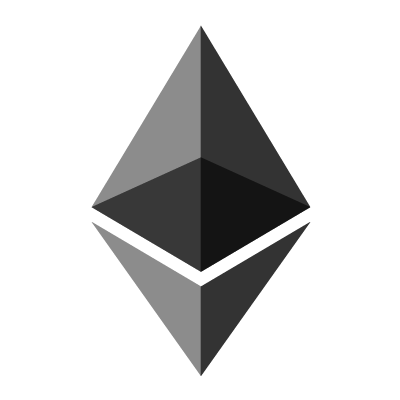Open-source collaboration to build people-vote consensus engine, anyone interested?

I've followed Ethereum since 2014 and I realized around 2016/2017 that the next step would be to go from cpu-vote and coin-vote to people-vote. Game theoretically and mathematically, people-vote is identical to coin-vote, 1 coin is just replaced by 1 person, and the ideal way to do it is delegated people-vote where a validator that holds 10% of all people-votes would be analogous to a validator that holds 10% of all staked coins.
Those years, 2015-2018, I also designed and later implemented what I think is the ideal proof-of-unique-person, Bitpeople (dot) org. But, the point with a people-vote conensus engine (a modified Ethereum or equivalent) is that it could be used regardless of what the proof-of-unique-person is. It could be used by every country in the world, for a "national blockchain" such as a Danish blockchain for Denmark. And it could be used by alternative proof-of-unique-person systems that could attempt to prove themselves as being superior to the (very good) legacy national ID systems.
A year ago I built a people-vote consensus engine on the proof-of-work Ethereum code (published via my foundations website on panarkistiftelsen (dot) se). It is well built, but as experts in Ethereum consensus engines know the proof-of-work Ethereum code is not well adapted for coin-vote/cpu-vote as it does things in the opposite order (which is why it was rewritten for the proof-of-stake Ethereum). So it would be good to build a new version.
The interest in this type of consensus engine should be nearly universal. Both the legacy system, as well as those who aspire for something more like a "crypto utopia", are interested in it. So I think it would make sense to do a public and open source collaboration. I could sit by myself and build the proof-of-stake ethereum based version, but this is such a universal thing that it would make a lot of sense for it to be a universal and shared goal, and therefore a collaboration.
One issue is, the moment "crypto anarchists" can sniff out that such a platform can also be used by legacy system, they seem to get scared of it and run away. But improving the legacy system is a good thing. You are all dependent on it. The all-or-nothing approach makes no sense when everyone is using the legacy system every day anyway, it makes no sense.
Anyone interested in this type of collaboration?
Peace, Johan
submitted by /u/johanngr
[link] [comments]